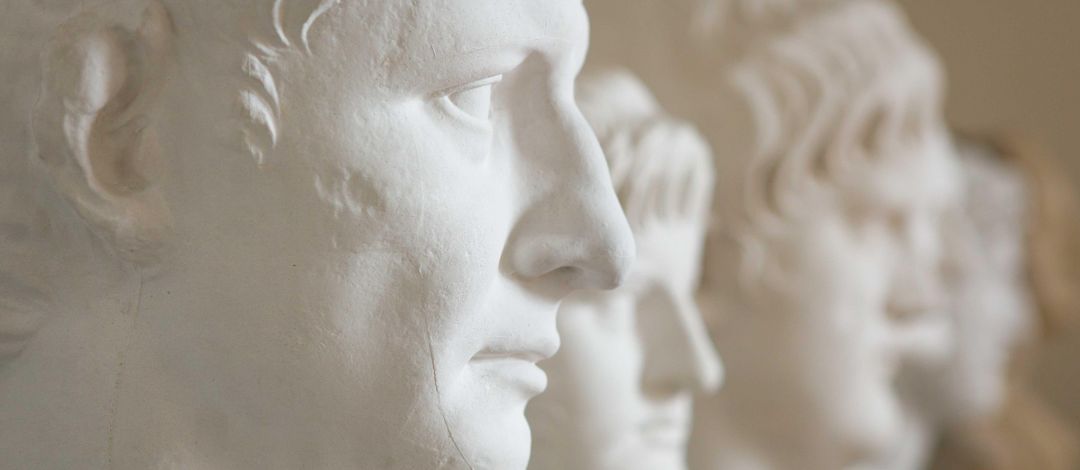Teaching and Research Areas
Teaching and Research Areas
The Institute of Philosophy has the following professorships and focus areas of teaching and research.
At a glance
Theoretical Philosophy inquires into the human being as a perceptive and discerning being. In particular, the professorship teaches and conducts research on topics in the philosophy of language, the philosophy of mind, aesthetics, German Idealism, and the history of analytic philosophy through a wide variety of philosophers including Kant, Emerson, Nietzsche, Kierkegaard, Josiah Royce, William James, Frege, Carnap, Wittgenstein, Putnam, Cavell, Rorty, and McDowell.
Practical philosophy enquires into the human being as a sentient, willing, and acting being who is subject to moral laws and produces forms of community. The subject of systematic work is the nature of human thought and action: philosophy of mind and language, epistemology, moral philosophy, theory of action. The classical authors who are most significant are Aristotle, Thomas Aquinas, Kant, Hegel, Frege, Wittgenstein.
The history of philosophy enquires into the human being as a being whose self-understanding develops through history. It studies the classical texts of philosophy. The systematic research focus areas of the professorship are epistemology, skepticism, philosophy of perception, philosophical anthropology, and aesthetics. The classical authors who are most focused upon are Aristotle, Kant and Wittgenstein.
